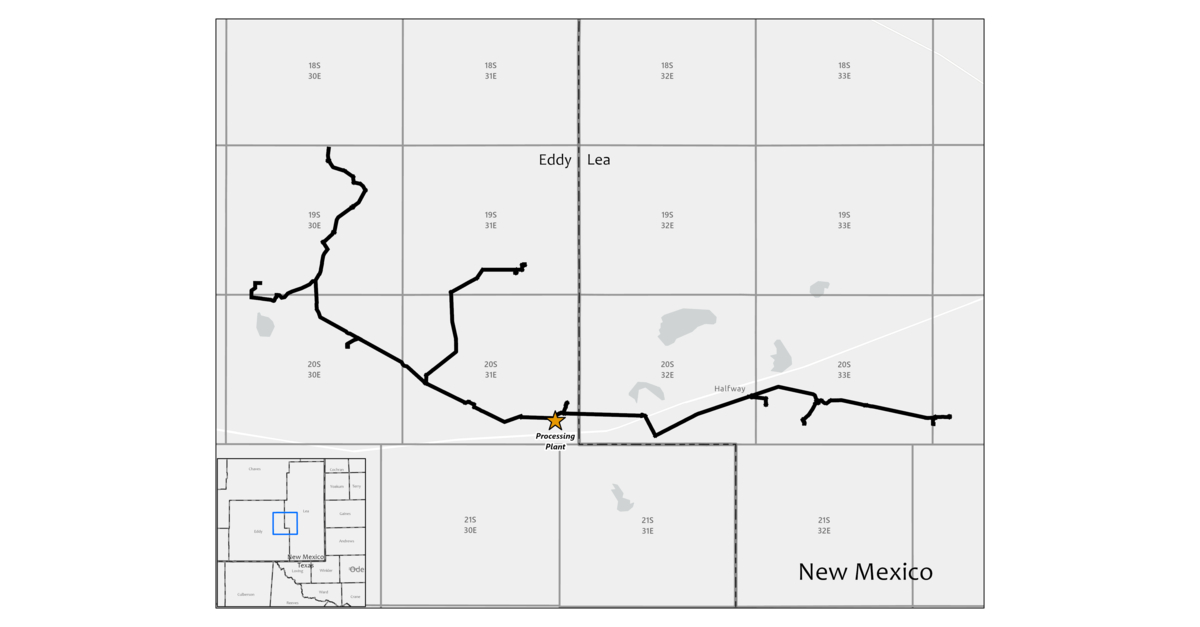Rural Americans are more likely to have lower incomes and assets than urban residents
A new brief released by the Employee Benefits Research Institute [EBRI] title “Understanding the financial differences between rural and urban Americans,” found that people living in rural areas were more likely to have lower incomes and assets than those living in urban areas.
However, when comparing Americans at the same income levels, the net worth of rural individuals was higher than that of urban individuals, except for those in the highest income group.
“Attitudes of rural Americans toward their finances and access to financial institutions and instruments may differ from those living in urban areas due to low population density, infrastructure differences such as lower availability of broadband Internet services and their experiences or exposure to various types of assets,” Craig Copeland, director of Wealth Benefits Research at EBRI, wrote in a statement.
“As a result, the types and levels of assets available to rural Americans are different, with home ownership and business assets being higher than the higher retirement account and ownership of stocks and mutual funds. placement among urban residents,” Copeland wrote.
According to the release, the EBRI Issue Brief examined the financial situation of Americans who live in urban and rural areas using the 2020 US Census Bureau Program Participation and Earnings Survey.
“Differences in ownership of retirement accounts, stocks and mutual funds persisted among workers at large employers and for unincorporated and independent businesses,” Copeland said. “The net result is that rural people seem to be missing out on certain financial assets that, over the long term, have provided much higher rates of return than many other investments. Other means of accessing financial markets may be needed.
Additionally, Copeland concluded that rural business owners seem to have their assets heavily concentrated in their businesses, which might be needed to run their businesses.
“However, better asset diversification could help protect these people’s retirement prospects if something causes the business to shut down,” he said.
Generational Wealth Planning prosecutors Portia Woods and her mother, Robin Woods, claimed that black and brown communities are in a state of financial emergency and probably don’t even know it. However, the lawyers said in an email that their goal remains to help families protect and effectively pass on more of their hard-earned wealth.
“America’s racial wealth gap is huge and getting worse“, underlined the duo in the e-mail.
They noted that a study warned that without an answer, the median net worth of black Americans fall to zero by 2053.
“We focus on multi-generational planning with a focus on closing the racial wealth gap in our communities,” said Portia Wood.
She said Wood Legal Group, LLP has always been passionately focused on teaching Black, Latina, and LGBTQ communities to “protect, operate, and pass on their assets using the law of estates and trusts.”
Max Benz, founder and CEO of BankingGeek, added some key financial differences between rural and urban Americans.
“On the one hand, rural Americans are more likely to live in poverty than urban Americans,” Benz said.
He cited the most recent data from the US Census Bureau which said 17.3% of rural residents live in poverty, compared to 14.2% of urban residents.
“Rural Americans also tend to have less access to financial resources and opportunities,” Benz said. “For example, they are less likely to have a bank account or a credit rating and they are more likely to use alternative financial services like payday loans. This lack of access can make it difficult for rural Americans to build wealth or lift themselves out of poverty.
Dr. Robert R. Johnson, professor of finance at Creighton University’s Heider College of Business and co-author of “The Tools and Techniques of Investment Planning, Strategic Value Investing and Investment Banking for Dummies”, has proposed that urban Americans have a higher concentration of financial assets.
In contrast, Johnson said rural Americans possess a higher concentration of tangible assets.
“The difference in net worth between rural and urban Americans at the same income level may be explained by the fact that the cost of living is much higher in urban areas — particularly housing,” Johnson said. “That is, more income is needed in urban areas to fund a given standard of living.”
“Urban Americans are more likely to be investors than savers, while the reverse is true for rural Americans. Moreover, much of urban America’s wealth is inherited wealth – in particular, land – which can result in higher net worth but lower income, all else being equal.
“Furthermore, the distribution of wealth between urban and rural Americans is radically different. In other words, the average wealth of urban and rural Americans may be different, but I have to believe that the medians are not very different.
“That’s because urban Americans’ means of wealth are heavily skewed by the fabulously wealthy. Simply put, there are more wealthy urban people and some with extremely high net worth than wealthy rural people,” said Johnson.











